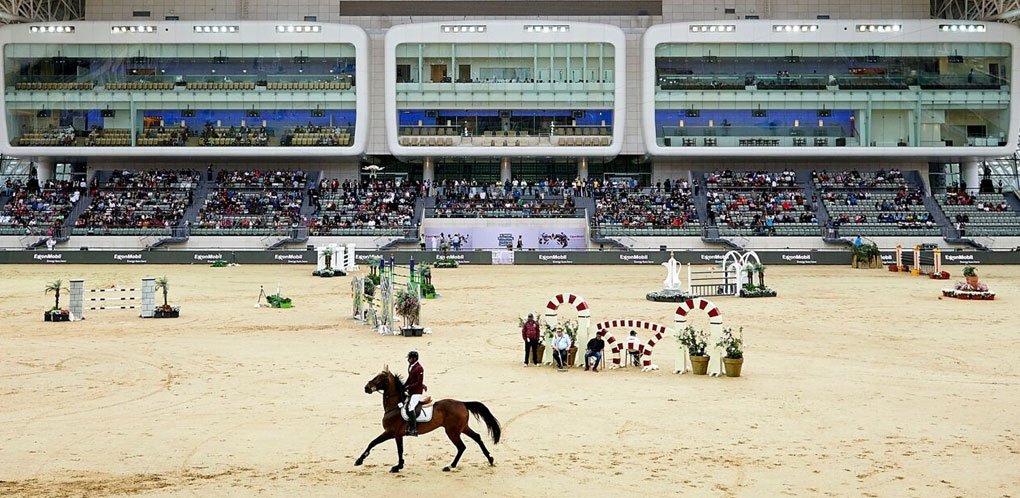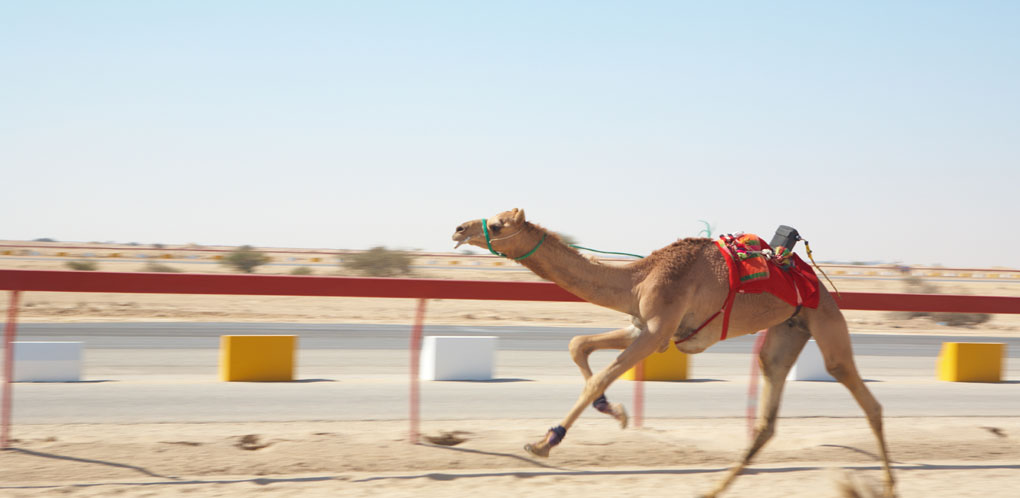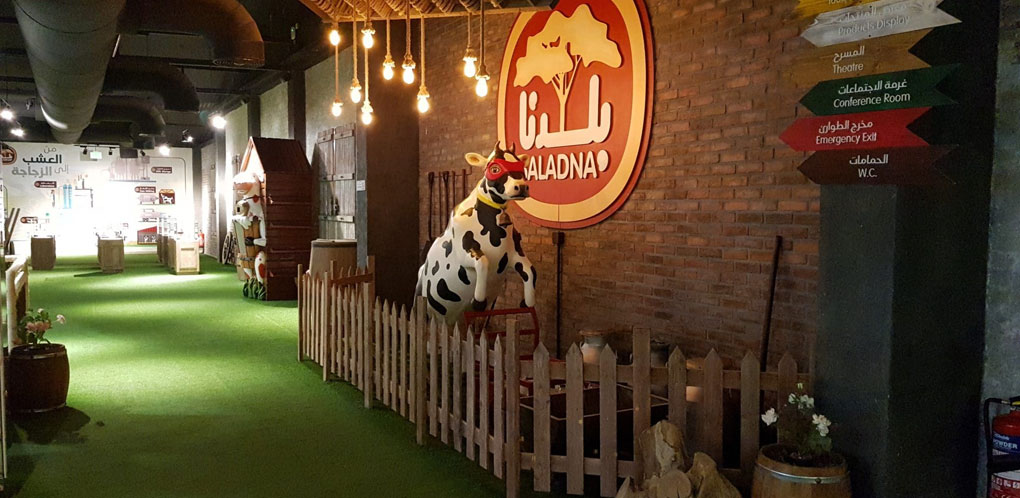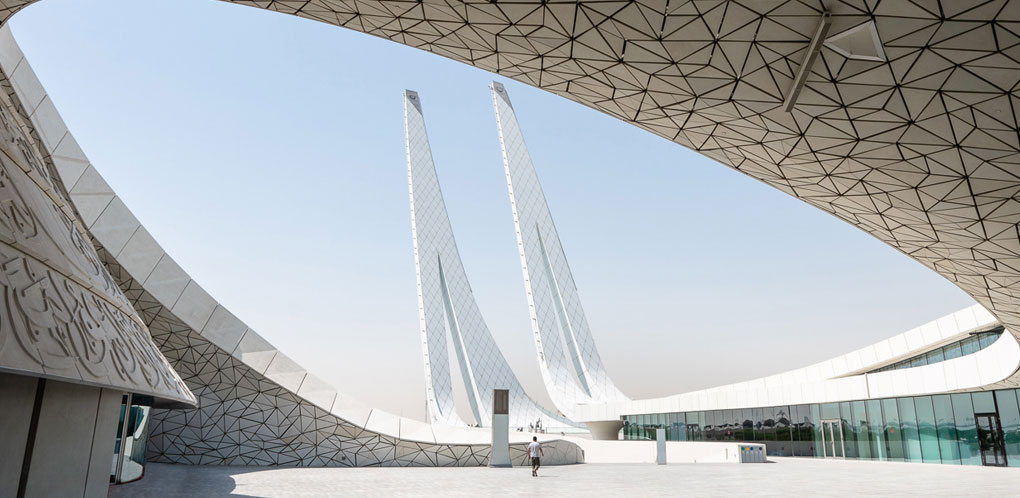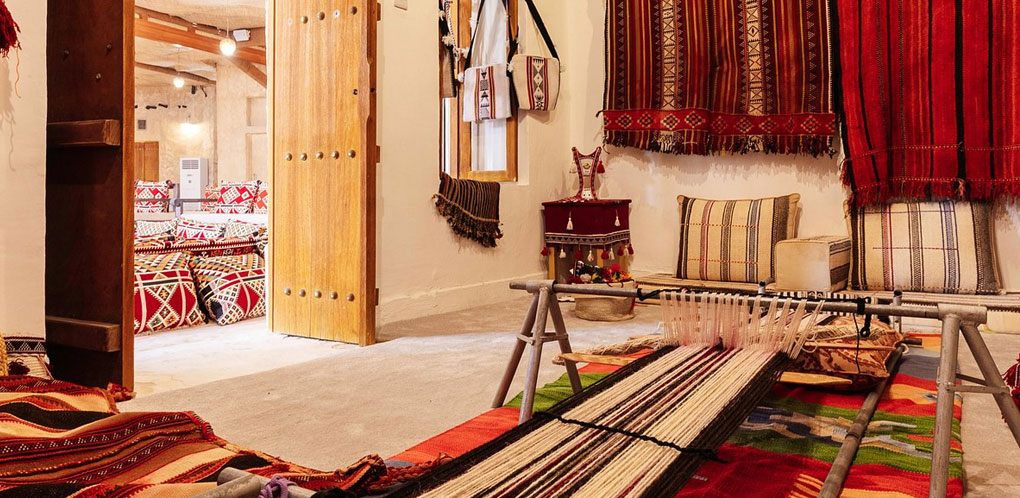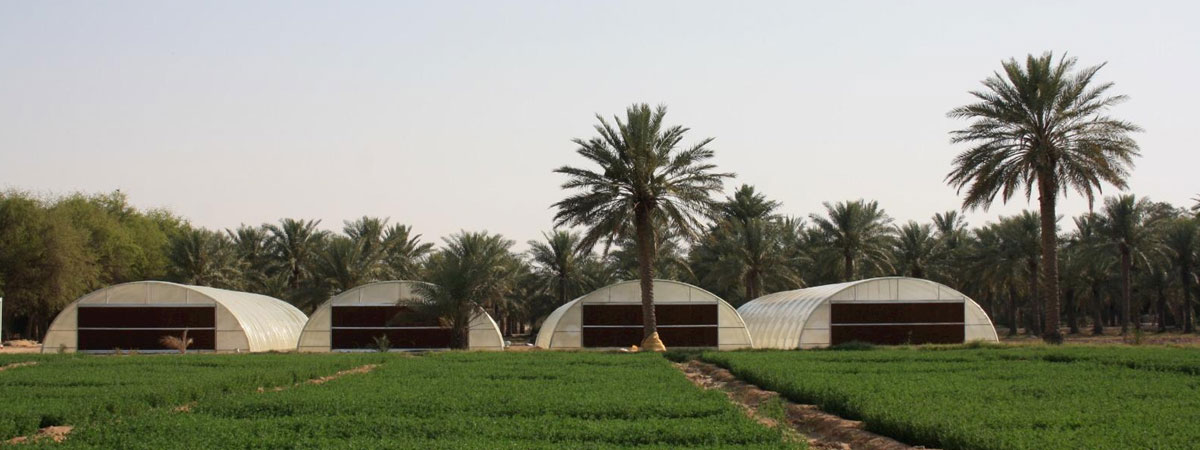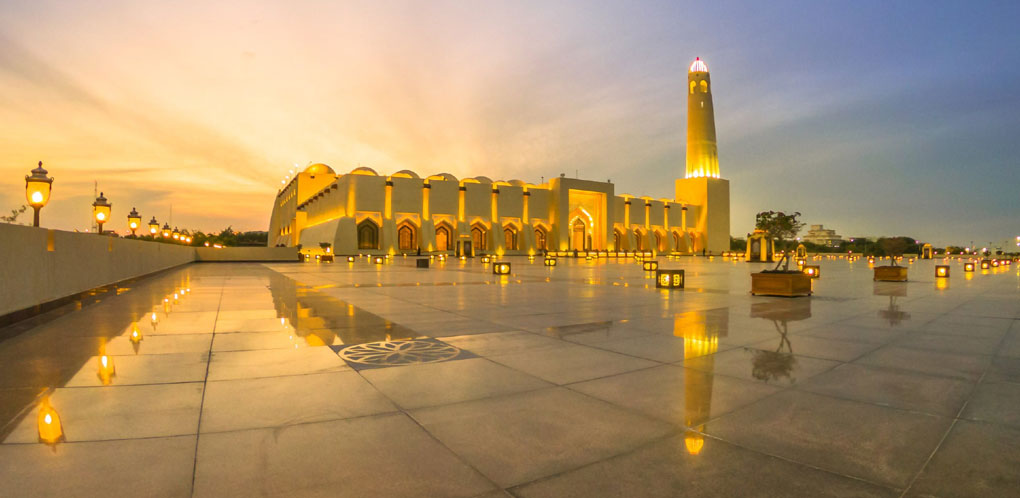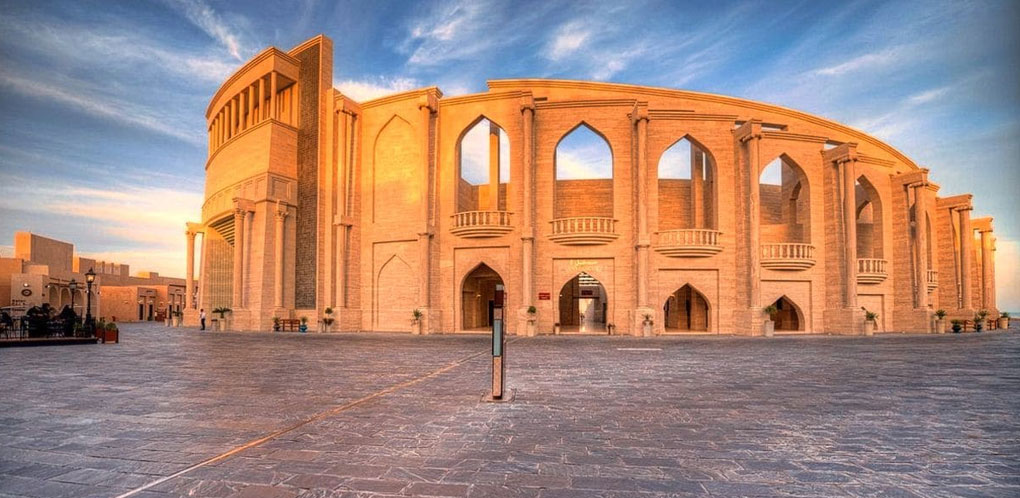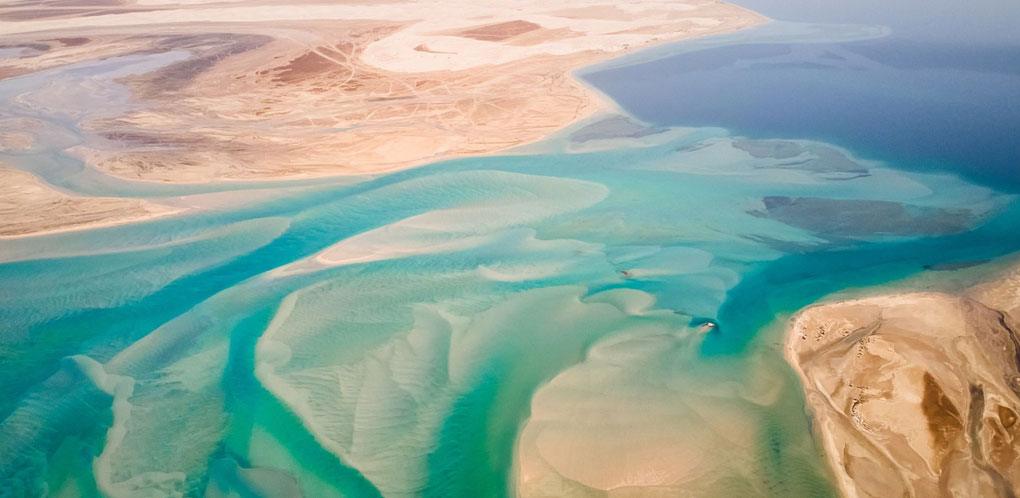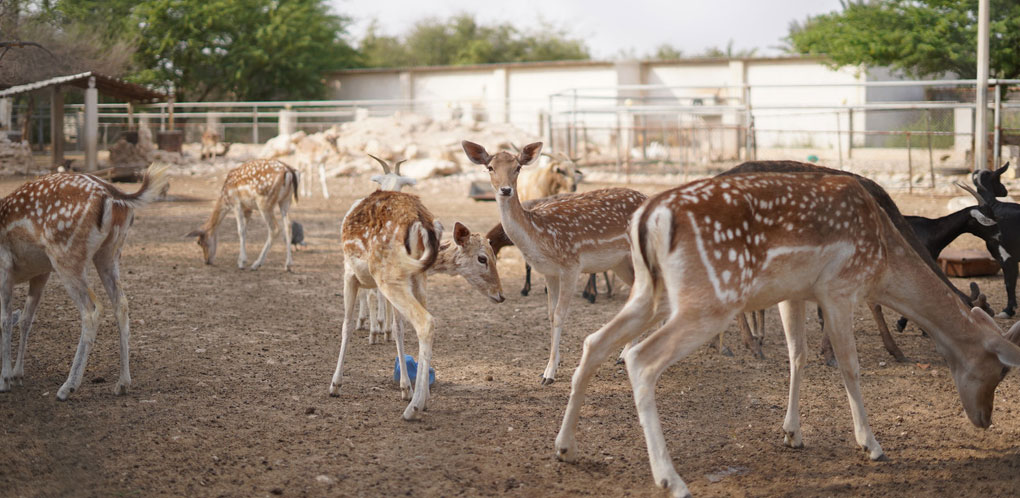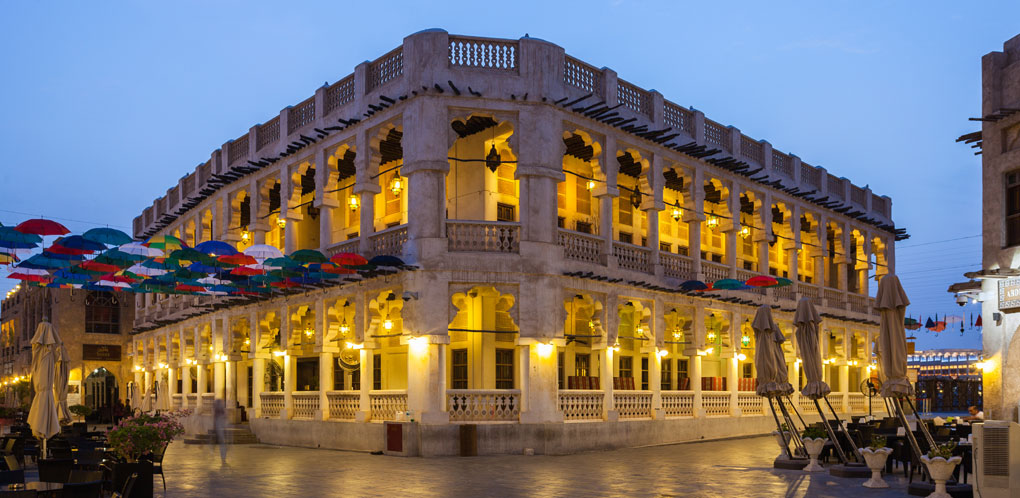
Falcon Souq
Souq Waqif is home to a Falcon Souq where you can explore Qatar’s national bird up close and strike a pose with a falcon perched on your arm. Falconry is a historic art from the times of the Bedouin tribes, where the raptor is highly trained and used to hunt down migratory birds for food.
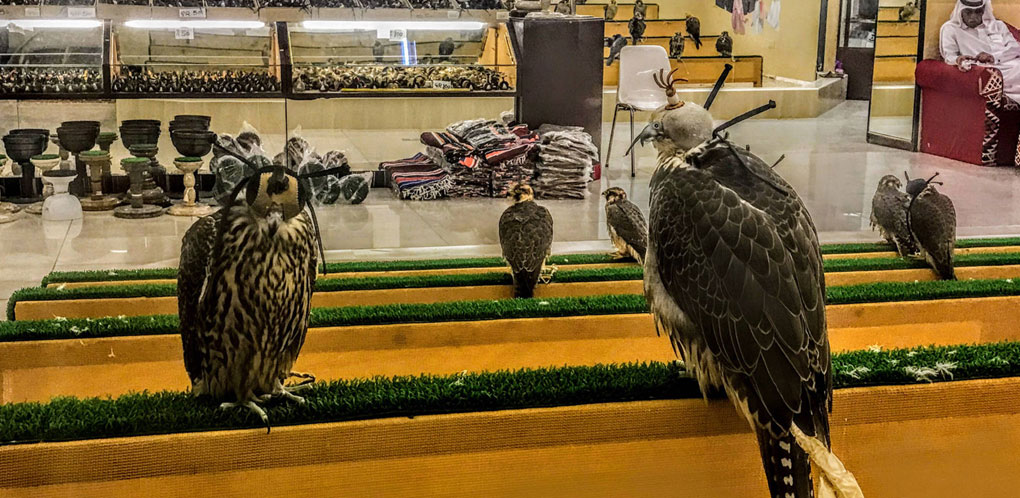
History of Falcon Souq
The connection between humans, falcons, and falconry traces back thousands of years, evident in ancient drawings dating back to the Stone Age Palaeolithic era. The fascination with falcons likely began around 2000 BC with their captivity, breeding, and husbandry, although reports on taming wild falcons for hunting earlier than this period remain uncertain. Today, falcons continue to be used for hunting, but falconry has evolved into a respected sport, dignified pastime, and international trade.
In the Arab world, falcons symbolize dignity, valor, and pride, with a history of falconry dating back to the pre-Islamic era. Falconry was once a way of life for Arabs, with falcons considered part of the family in many households, regardless of social or tribal status. Different species of falcons are favored across the Arab world, such as the Peregrine falcon in Qatar and the Saker falcon in Saudi Arabia.
Falcons exhibit diverse morphological characteristics across their global distribution, leading to varying demand among falconers. While their natural habitat includes high steep cliffs, falcons have adapted to urban environments, often inhabiting tall buildings and bridge structures.
Distinguishing falcon gender by plumage color and formation is challenging, although females are typically larger than males. Despite facing challenges like habitat loss and chemical poisoning from industrial pollution and pesticides after World War II, efforts in captive breeding and reintroduction programs have helped endangered falcon populations rebound. Strict protective legislation, international treaties like CITES, and the efforts of local organizations have also played a significant role in curbing illegal capturing and hunting of falcons worldwide, contributing to the conservation of these majestic birds.

